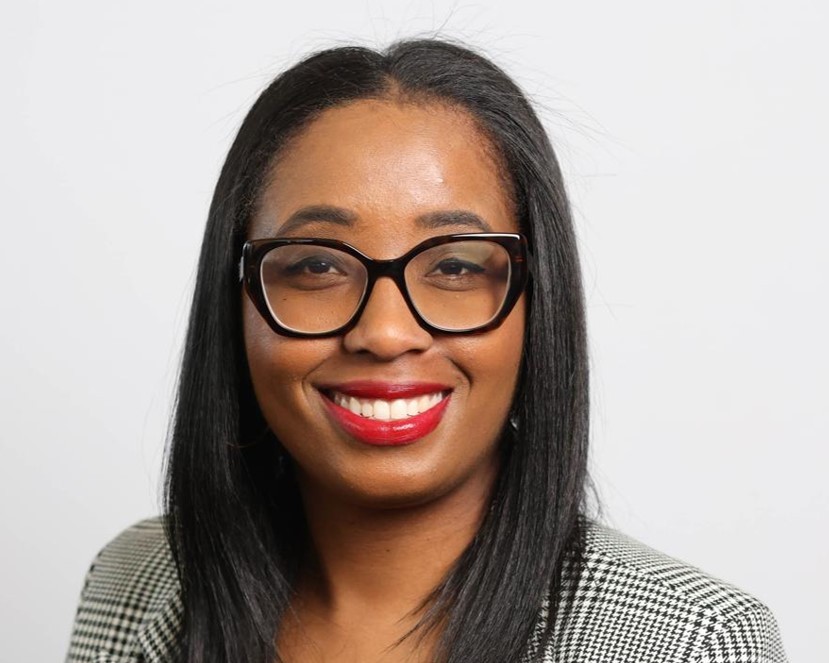Background
Amy Hunter, MPH, PhD, is an Assistant Professor in the Department of Public Health Sciences at UConn Health whose research is centered on child injury prevention. She is the current Chair of Admissions for her Department and is Principal Investigator of the Connecticut Injury Surveillance System at the Connecticut Children’s Injury Prevention Center.
Hunter’s research focuses on child maltreatment and firearm prevention. The majority of her research on child maltreatment is focused on supporting providers to help better identify maltreatment in fast-paced clinical settings, such as emergency departments and urgent care, because it can be difficult to identify abusive injuries.
Hunter and her team recently built a clinical algorithm for identifying physical abuse, in an attempt to mitigate any implicit biases that may interfere with diagnosis and eventually create a solid process by which all children are evaluated. This consisted of taking a combination of historical clinical records and demographic/circumstantial characteristics of children and using this information to identify children who may be at high risk of physical abuse.
Her work in firearm prevention aims to better understand the circumstances leading up to pediatric firearm homicide and suicide.
Hunter earned her bachelors, masters, and doctorate degrees in Public Health at West Virginia University (WVU), which is where she first became interested in her field of research. While working on her PhD, she completed a research rotation at the Injury Control Research Center at WVU– one of eleven CDC-funded injury control research centers in the country at the time. During this rotation, she had the opportunity to work alongside professors who were studying intimate partner violence and was introduced to the subtopic of child maltreatment in which she would later specialize. On the first day of the rotation, she immediately knew that this was the field of work she wanted to pursue. “The magnitude of the problem was presented to me in a way that was very powerful. I quickly began to see the implications of childhood adversity in everything that I looked at and wanted to be able to give all children a chance at a healthy, long life,” Hunter says.
Involvement with CSCH
Hunter was drawn to join the Collaboratory as an affiliate due to the ample opportunities to collaborate with colleagues across various disciplines. She finds childhood experiences, whether they are positive or adverse, to be very instrumental in development. She believes that interdisciplinary collaboration is key to developing research and interventions that can have a positive impact on children. “Having different perspectives in how we interpret and use information to promote interventions and policies for children is very important,” she says. She finds it especially important to work alongside educators, as they are well equipped to identify a child who may be experiencing or at risk for an adverse experience.
To find out more about Hunter’s research, visit her UConn Health faculty page.
Fun Facts
Hunter has been playing the violin since she was eight years old and is now a classically trained violinist, having been adjudicated by a panel of experts in Israel with her high school orchestra.
Undergraduate Researcher Elena Roberts interviewed Amy Hunter and wrote this profile.
